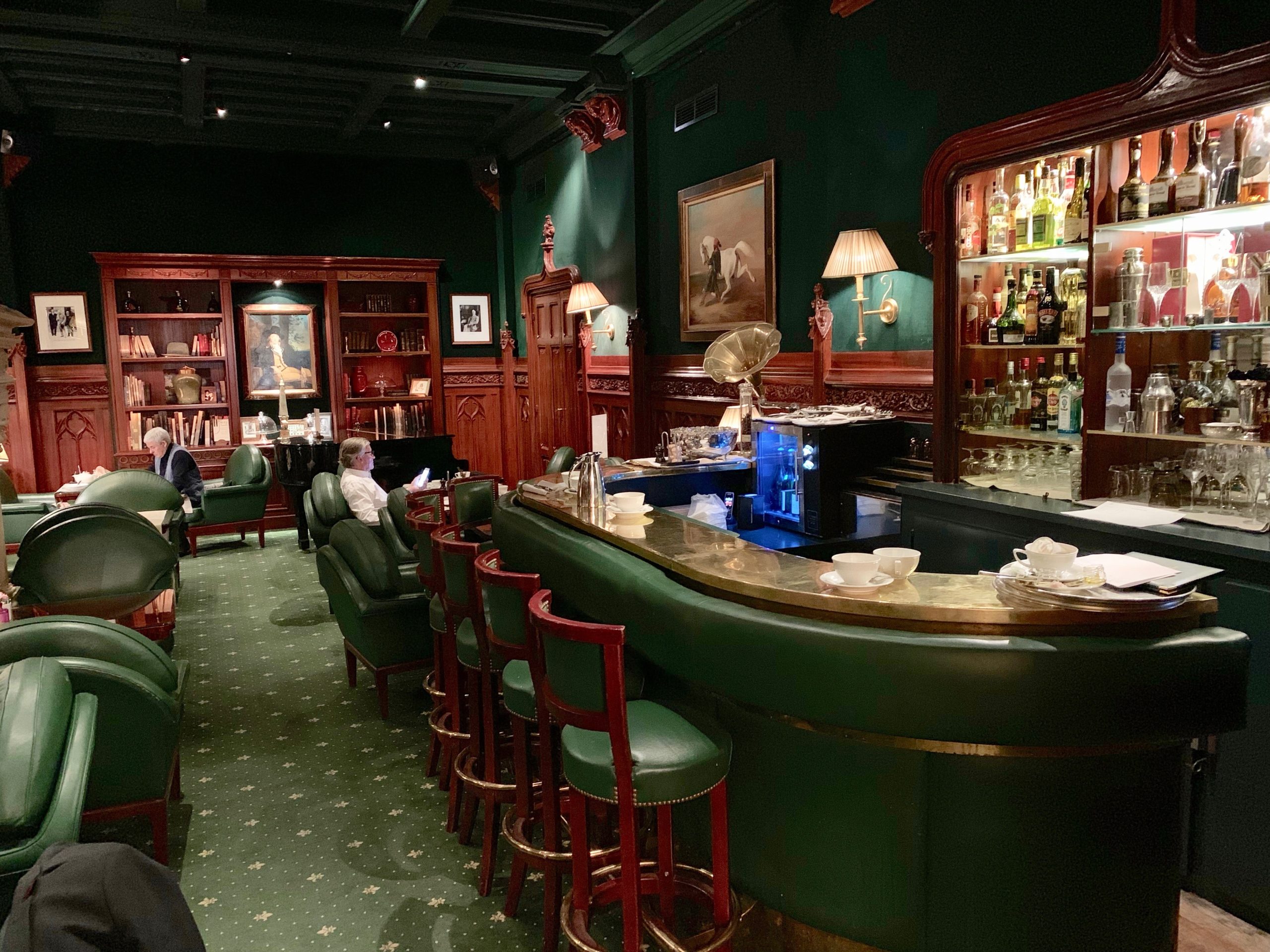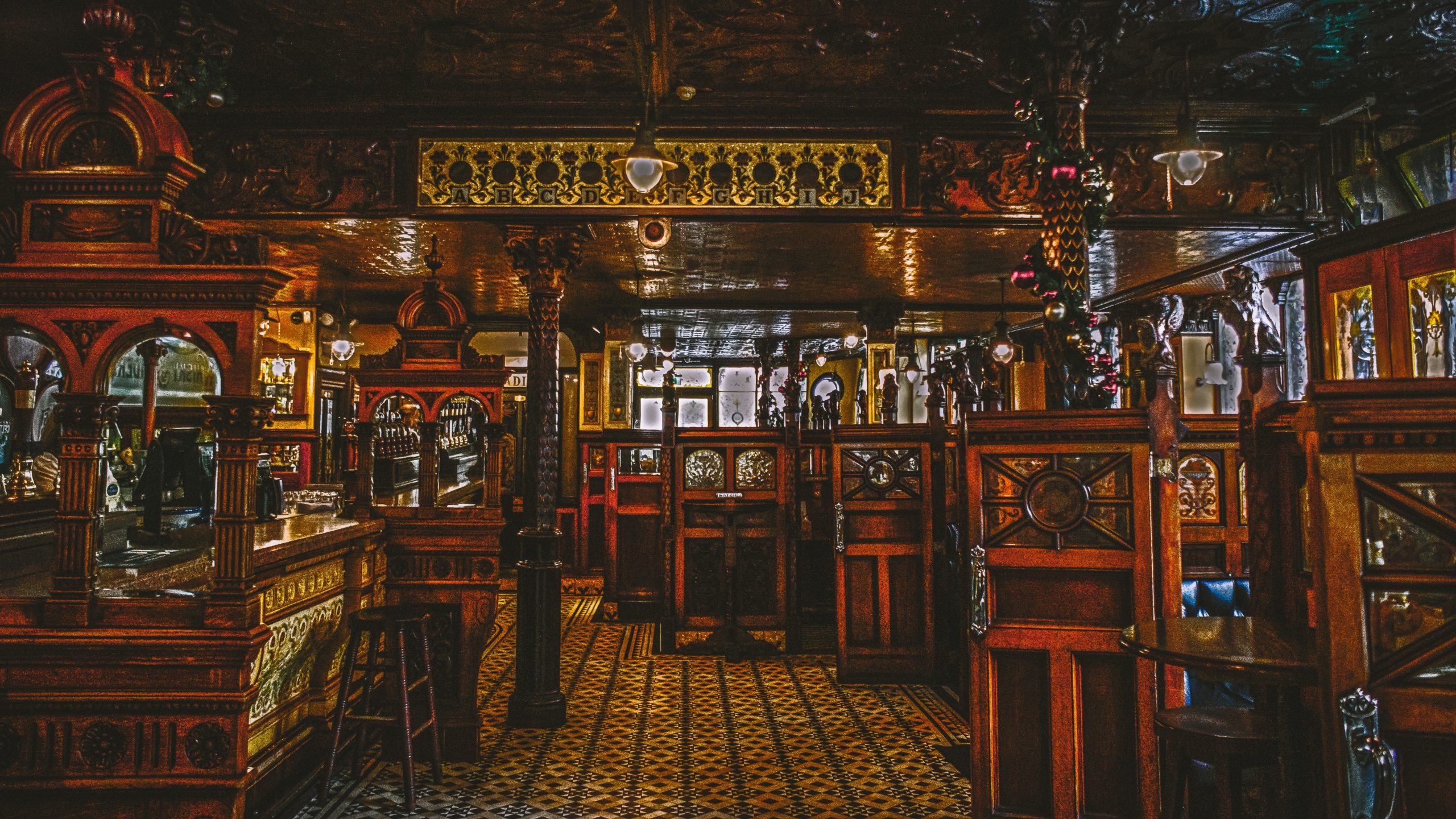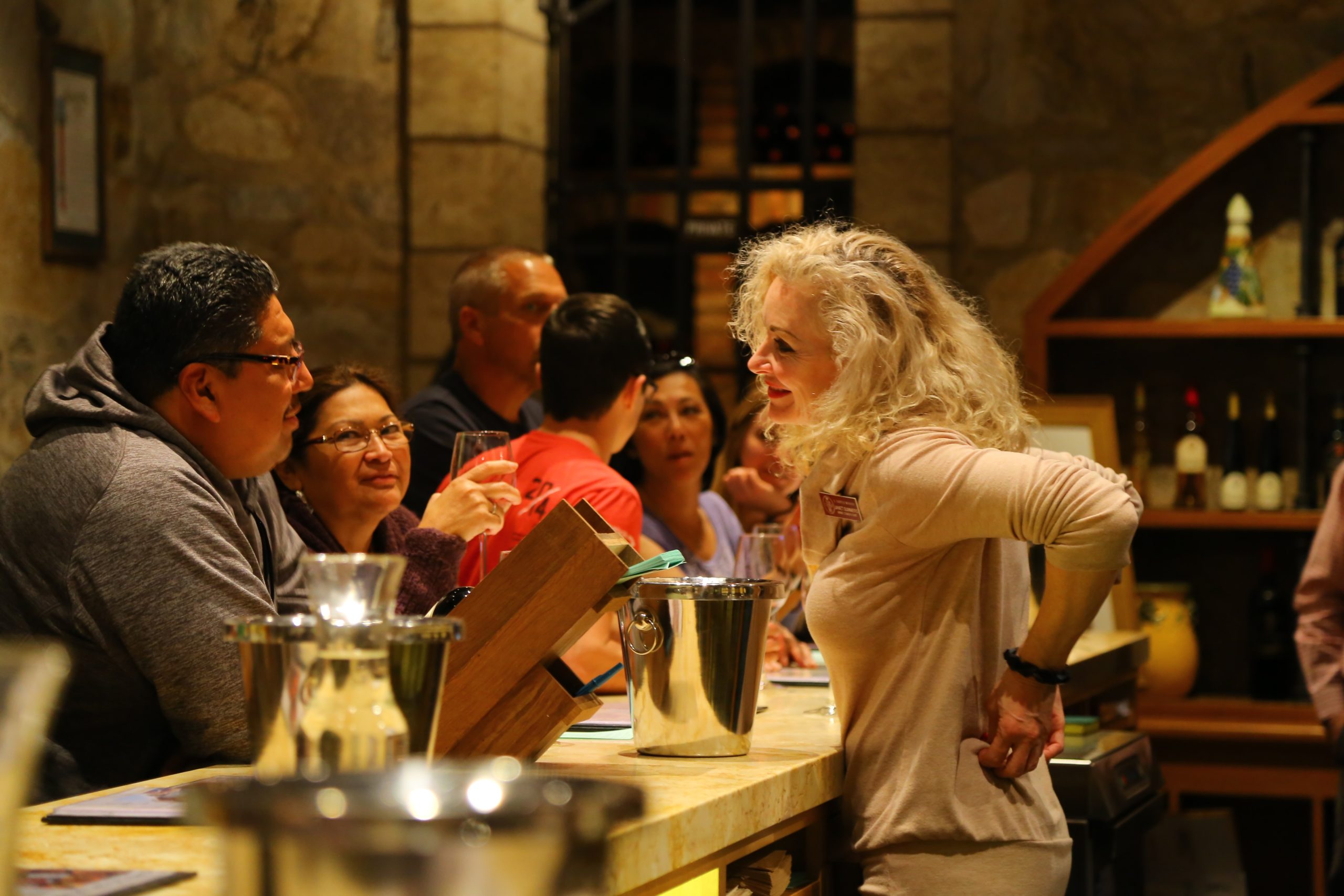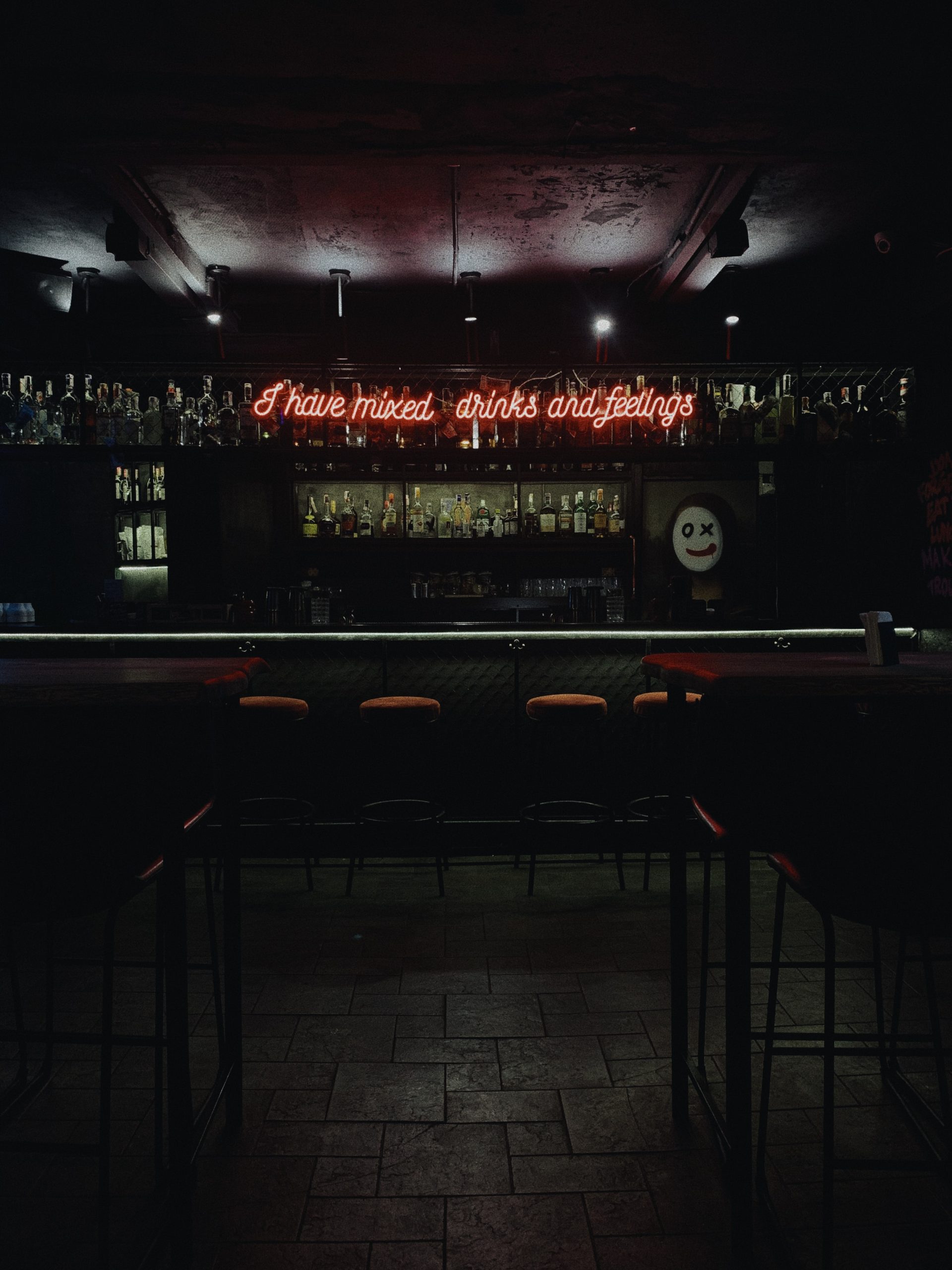Pub history
The charm of the British pub comes from the old buildings in which they are housed. While no two pubs are alike, they have many typical features in common: low ceilings, wooden beams, fireplaces and a regular by the name of Steve. Some pubs claim to be the oldest surviving establishment in the UK.
The word pub is short for public house
Pubs are an important part of British life. There people talk, eat and drink, meet friends and relax. The inside of a pub. Pubs often have two bars, one of which is usually quieter than the other. Many have a garden where you can sit in the summer.
- Some types of bars, such as B. Pubs, can also serve food from the menu of a restaurant.
- The term "bar" also refers to the counter and the area where drinks are served. The term is derived from the metal or wooden bar (barrier) that is often located along the "bar".
Due to the extensive menu, minors are usually allowed in pubs when accompanied by an adult. Bars are more specialized in spirits than in food and usually offer a wide range of cocktails in addition to the usual alcoholic drinks.


The Red Lion
The Red Lion is probably the most popular pub name in Britain today, due to a royal decree issued more than 400 years ago. It is believed to date back to the late Middle Ages when King James VI. of Scotland was also crowned King James I of England. Alehouses, inns and taverns came to be known as public houses and later as pubs when King Henry VII reigned. A little later, in 1552, a law was passed requiring innkeepers to be licensed to run a pub. The history of the pubs can be traced back to the Roman taverns in Britain and the Anglo-Saxon pubs, but not until the early 19th ... In many places, especially in villages, pubs are the focal point of the local communities. There are two main contenders for the oldest inn in England - and the Old Ferry Boat at St Ives, Cambridgeshire (pictured above) is considered by many to be the oldest inn in England. According to legend, alcohol has been served in the inn since 560 AD! The Red Lion is the UK's most popular pub name, followed by the Royal Oak and the Crown Inn. This is evident from the Good Beer Guide 2020, the first publication by CAMRA, which showcases the best pubs in the UK for a good beer and which will be released on September 12th. Pub is short for public house. The British have been drinking beer in pubs (public houses or ale houses) since the Bronze Age, where they serve traditional English beer, which is made exclusively from fermented malt and is characteristic of every ale house.
Learn moreVariant 1
How did pubs come into being?
Like most things in the western world, the pub's roots can be traced back to the Romans. As the Roman Empire expanded into Celtic Europe, they built roads to make it easier for their armies, merchants, and colonists to travel. There was a "tabernae" or "tavern" along these streets about every 20 miles.


